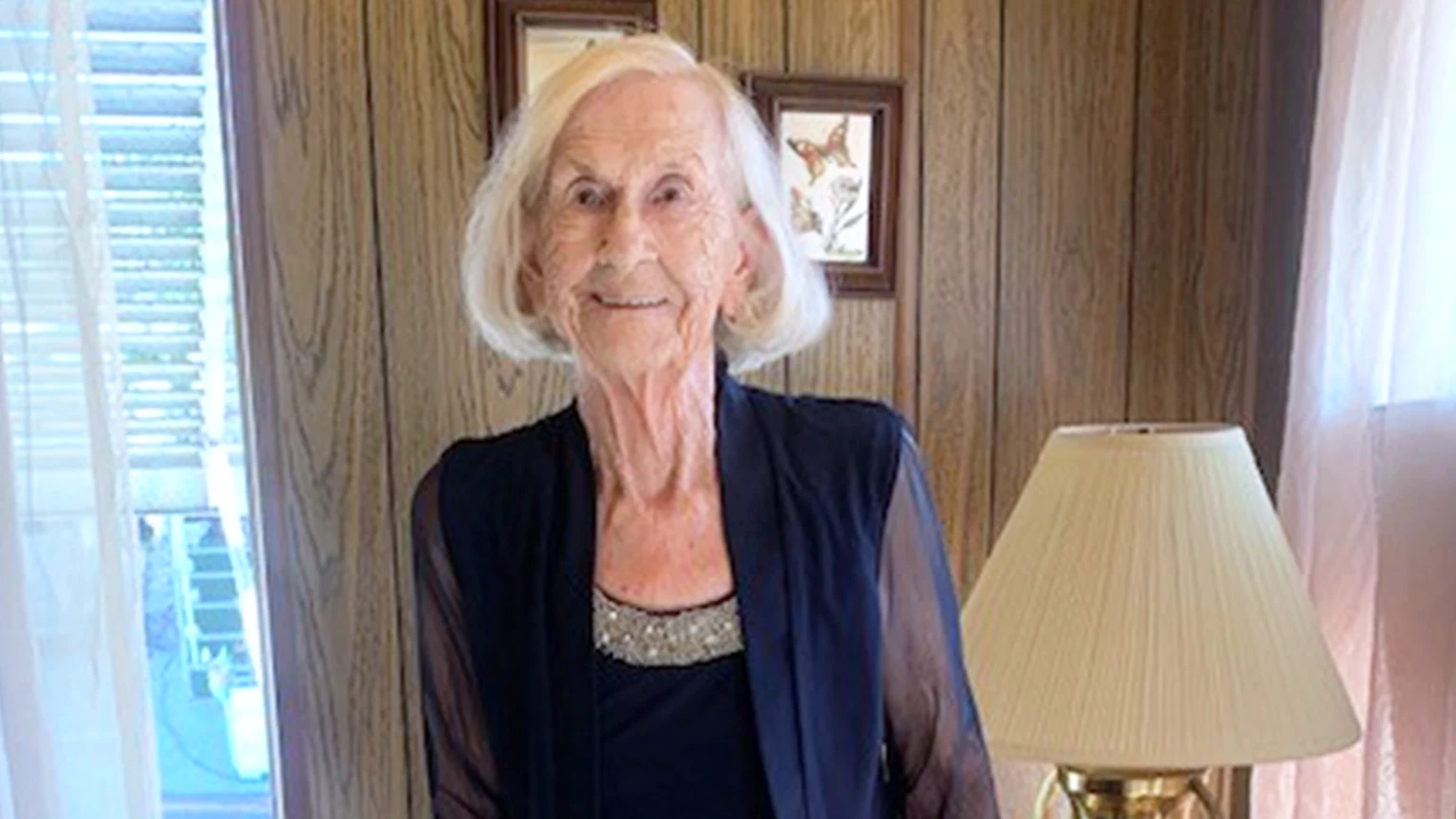
Answers to your top 3 colon cancer questions
Learn the answers to your top 3 questions about colorectal cancer, the third most common cancer — excluding skin cancers — diagnosed in the U.S.
When Darlene Deems inexplicably started losing weight, she thought something might be wrong. Medical tests revealed Darlene had early-stage lung cancer.
After discussing treatment options with Dr. Edward Huynh, an oncologist with Sharp Rees Stealy Medical Group, Darlene chose radiation alone, as she felt surgery might not be the best choice due to her age and medical history. That’s when Dr. Huynh suggested an additional option: enrolling in a clinical trial.
“I worked in medical billing for over 30 years,” says Darlene, age 81, who lives in Chula Vista. “So, I was familiar with clinical trials, but I’d never known or spoken to anyone who had participated in one.”
The clinical trial recommended to Darlene, known as PACIFIC-4, is investigating a new treatment for patients with early-stage lung cancer. It involves a type of radiation called stereotactic body radiation therapy (SBRT) followed by monthly infusions of an immunotherapy drug called durvalumab that targets and kills cancer cells. The trial is currently open to enrollment for patients who cannot or choose not to have surgery to remove early-stage lung cancer tumors.
“After hearing about the trial, I made an on-the-spot decision and told Dr. Huynh I was interested,” says Darlene. “It was a decision I’ve never regretted.”

Darlene's participation in the clinical trial will help researchers investigate treatment for patients with early-stage lung cancer.
The crucial role of clinical trials
This study is one of more than four dozen clinical trials currently enrolling patients through the Oncology Clinical Trials Program at Sharp HealthCare.
“Clinical trials are vitally important to cancer care,” says Dr. Huynh. “They offer access to treatments in development that may be beneficial for trial participants and others in the future.”
Like many clinical trials, patients participating in PACIFIC-4 are randomly selected to receive either the experimental immunotherapy drug or a placebo. This helps researchers better understand how well the drug works. Trial participants won’t learn which study treatment they received until the study is completed in a few years.
For Darlene, participating in the trial is worth it either way.
“I’m a mother, a grandmother and a great grandmother,” says Darlene, whose cancer appears to be in remission. “Even if I received placebo, if participating in this trial means I can help my family and other families in the future, I want to be part of it.”
Care beyond the clinical trial
Darlene’s study team included Dr. Huynh, the principal investigator for the study at Sharp HealthCare; board-certified radiation oncologist Dr. Geoffrey Weinstein; and Galen Steinhoff, a clinical trials specialist. Darlene says she is very impressed with the level of care she received while participating in the trial.
“I’m frequently having blood drawn, meeting with oncologists, getting CT scans, and I’m monitored very closely,” says Darlene, who has been participating in the trial since April 2020. “This is top-of-the-line care.”
Darlene is continuously monitored to see if the cancer returns. Doctors discovered a lung nodule last year, but it turned out to be noncancerous.
She wanted to share her story in hopes that it inspires other people who are considering joining clinical trials.
“Clinical trials may sound scary, but you don’t need to be afraid,” says Darlene. “You will be in great hands and will be part of something that is bigger than yourself. If what I’m doing will help others, it will be worth it.”
Learn more about clinical trials; get the latest health and wellness news, trends and patient stories from Sharp Health News; and subscribe to our weekly newsletter by clicking the "Sign up" link below.
The Sharp Health News Team are content authors who write and produce stories about Sharp HealthCare and its hospitals, clinics, medical groups and health plan.

Dr. Edward Huynh is a hematologist, oncologist and internal medicine doctor with Sharp Rees-Stealy Medical Group and affiliated with Sharp Memorial Hospital.

Dr. Geoffrey Weinstein is the vice president of Oncology Medical Services at Sharp HealthCare.

Galen Steinhoff is a clinical trials specialist at Sharp HealthCare.

Our weekly email brings you the latest health tips, recipes and stories.